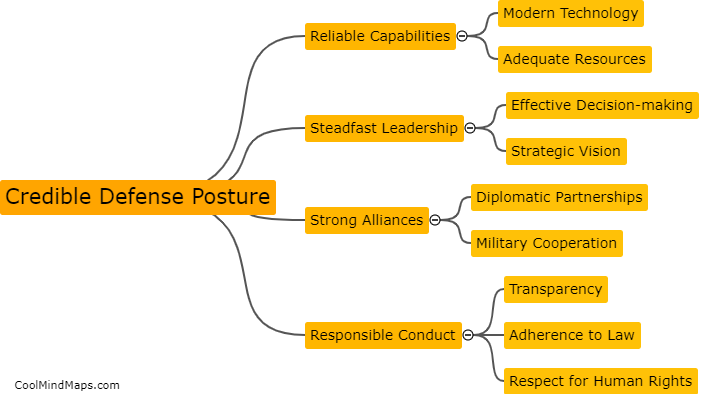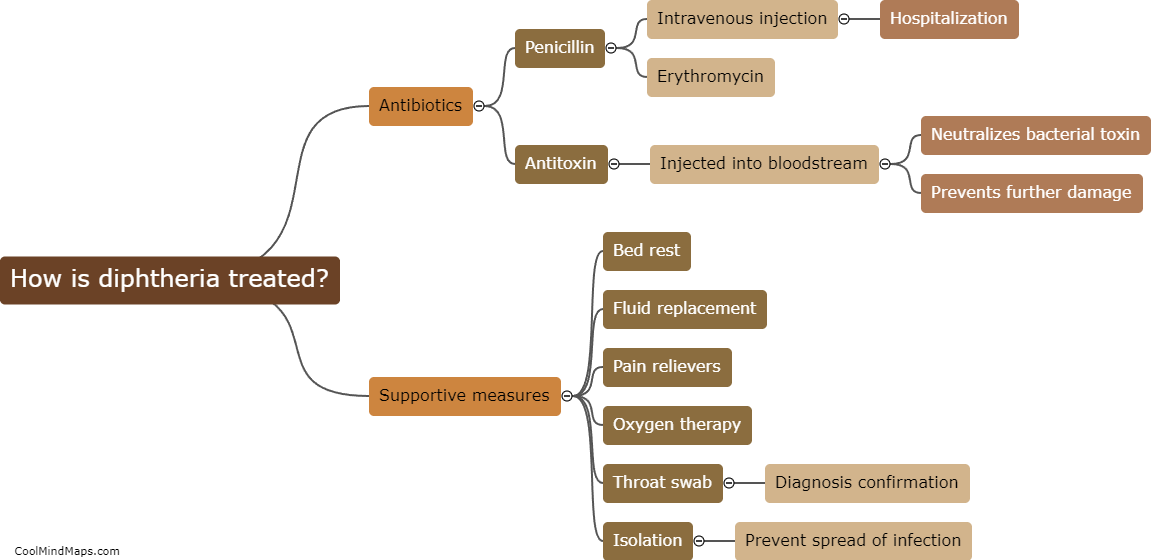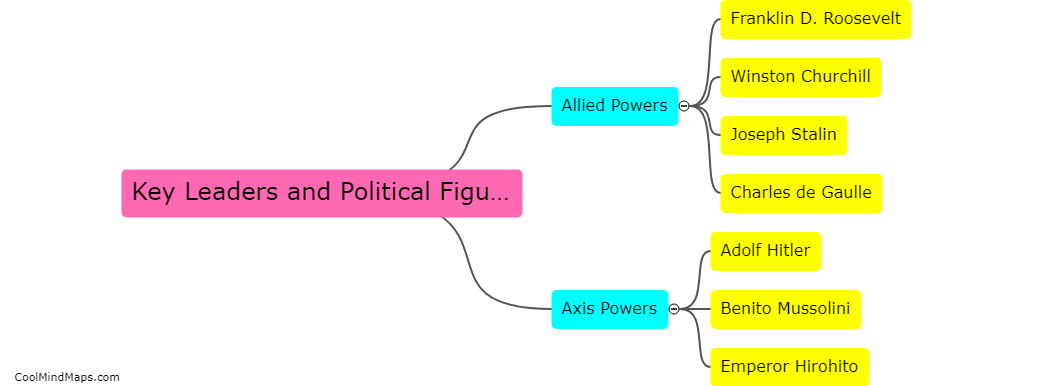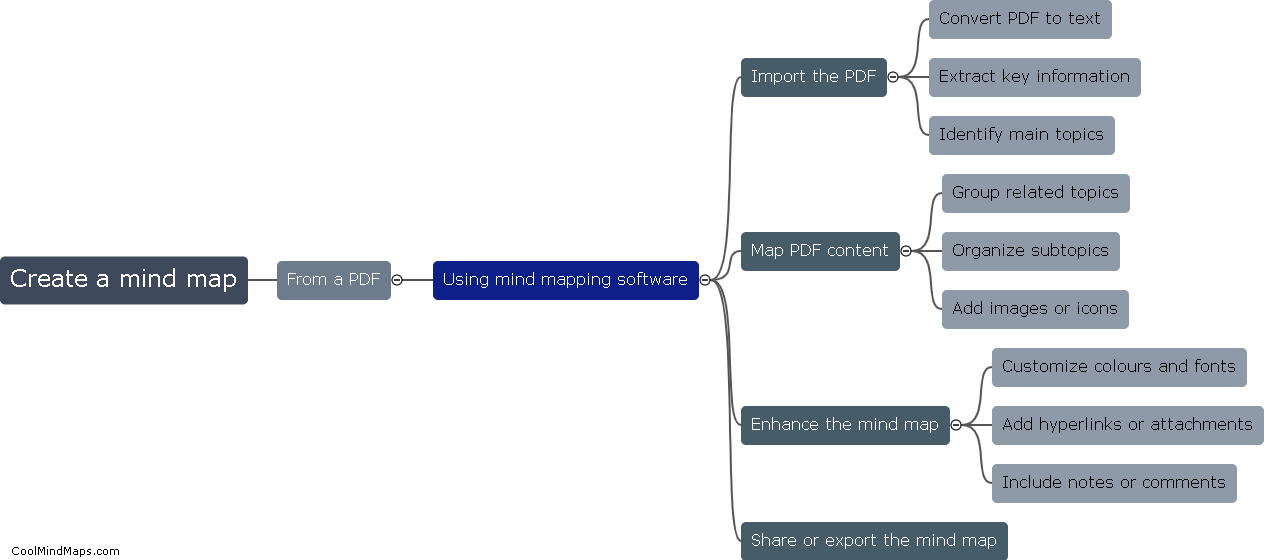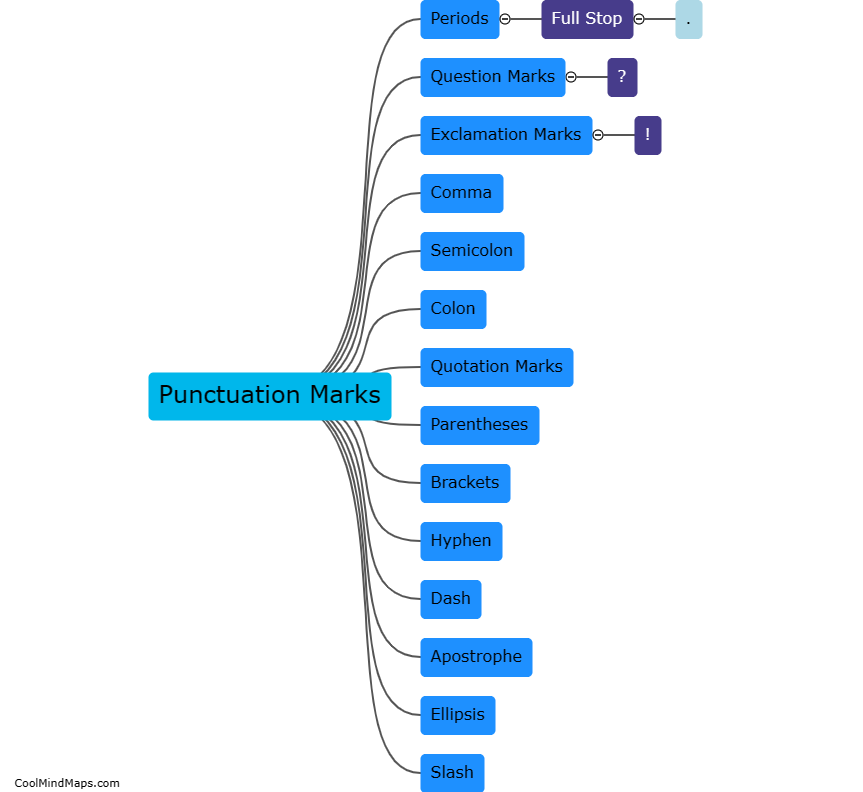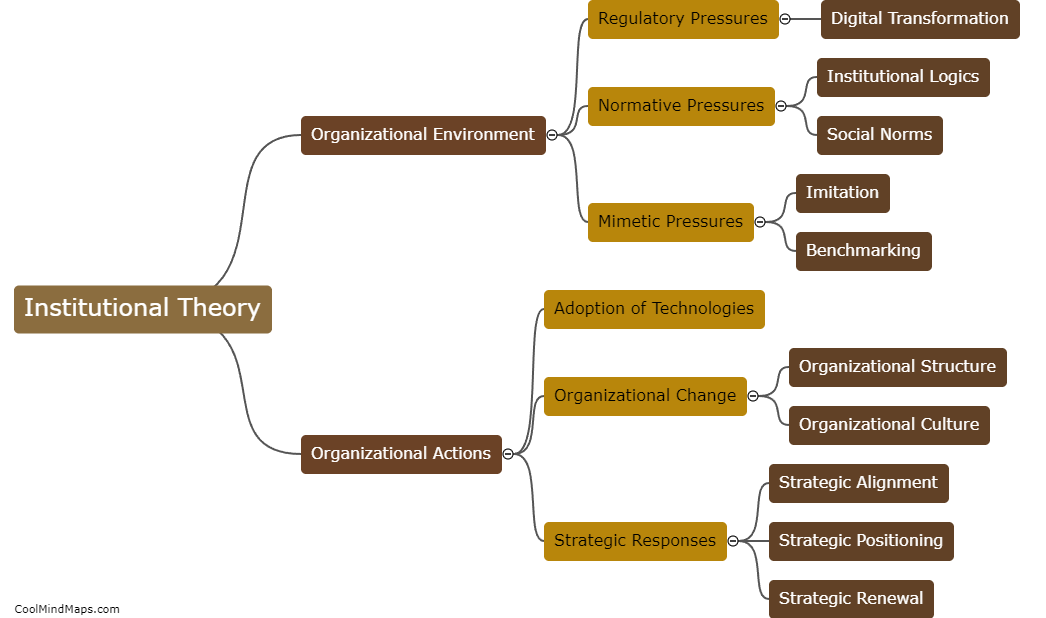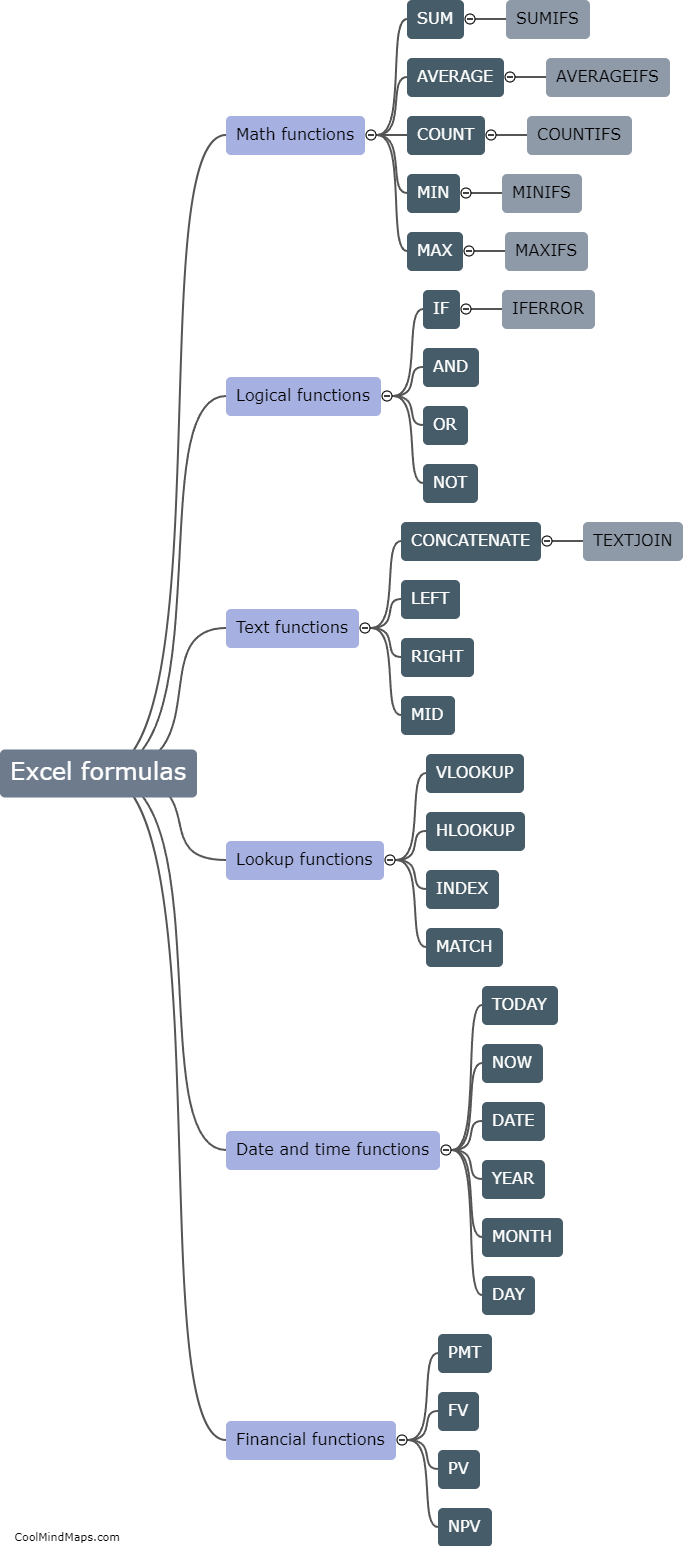What are antibodies and how do they function?
Antibodies are proteins produced by the immune system to help protect the body against harmful substances such as bacteria, viruses, and toxins. They play a crucial role in the immune response by recognizing and binding to specific foreign particles, known as antigens. The binding of antibodies to antigens marks them for destruction by other immune system cells or neutralizes their harmful effects. Antibodies are highly specific, meaning each one is designed to recognize a particular antigen. They can also enhance the immune response by signaling other immune cells to engulf and destroy the targeted pathogens. Additionally, antibodies can provide long-term protection by creating immunological memory, allowing the immune system to respond more effectively to subsequent encounters with the same antigen. Overall, antibodies are key players in our immune system and vital for maintaining our health and defending against various diseases.
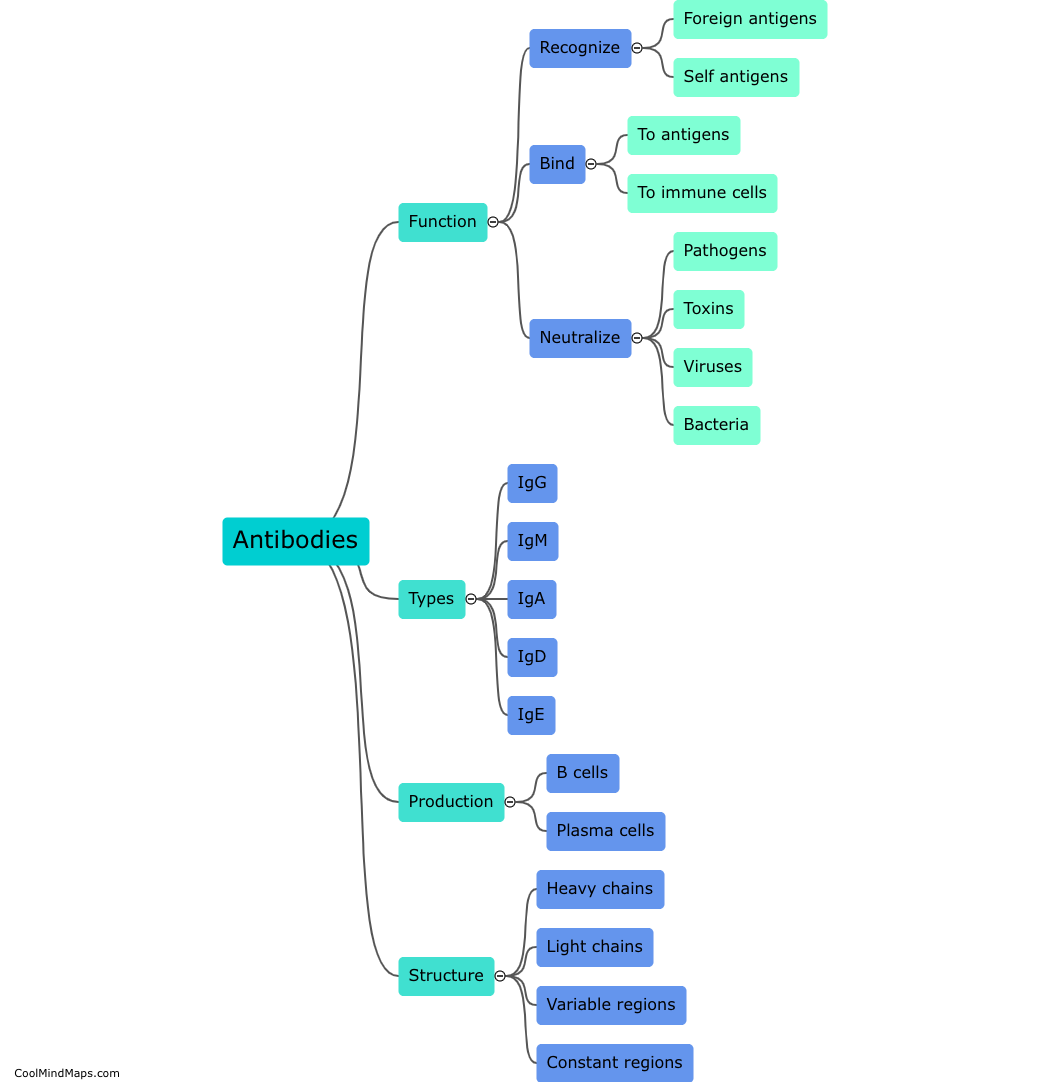
This mind map was published on 24 November 2023 and has been viewed 88 times.



